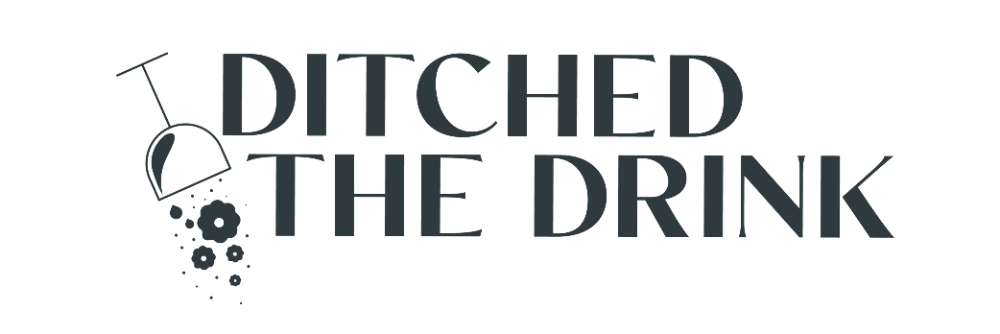The Missing Link In Corporate Wellness Programs
Sep 20, 2021
Talking about substance use is the missing link in Corporate Wellness conversations.
We have this idea that people are addicts or they are not addicts.
We think you have a drinking problem or you don’t.
We think an addict is living under a bridge somewhere drinking from a brown paper bag. We think everyone else is someone who casually enjoys one glass of wine at dinner.
We leave no alternative scenarios for a person’s relationship to alcohol, in our all in or nothing at all thinking when it comes to alcohol.
The truth is 70% of people with substance use disorders are working full or part time.
There is a large spectrum of people relying on substances to cope and self soothe whether that be for a reason, a season, or a lifetime.
My clients come to me because they fear their growing dependence on alcohol. They see that it is fueling their anxiety and depression.
My clients are highly educated, extremely accomplished, and very successful. They are lawyers, doctors, top executives, leaders, health coaches, engineers, tech gurus, and more.
They are loving parents.
They are taking care of special needs children and elderly parents.
They are giving back to their communities.
They are not the picture of addiction and yet, alcohol is getting the best of them almost daily.
They are brave enough to reach out for help, despite the stigma attached.
They work hard to move away from alcohol and then they go to a work event and pretend to drink, because they are terrified of what people will think if they quit drinking.
We have to make the workplace a safe space for people in recovery.
We also have to make the workplace a safe place for people in discovery.
We can encourage, not shame, people for getting curious about their relationship with alcohol.
The idea that if you question your drinking, you have to quit drinking immediately and forever, is an outdated view.
There are many pathways to living your healthiest life.
There are many tools to use to overcome alcohol dependence.
There is no one right way. There is only the way that works for each individual and it includes trying somethings that won’t work before finding what does.
A sober life is not a life of deprivation, and we can stop treating it as such.
Many people are trying the sober life on for size, to see how it helps them.
There are many shades of gray between addict and sober.
Choosing an alcohol free life often isn’t a single event, and instead a series of experiments, events, conversations, and decisions.
There are people in your workplace right now in all points of this drinking spectrum.
How can we support healthy workplaces and wellness, when we are promoting alcohol at happy hours, holiday parties, and zoom drinking gatherings?
How can someone safely raise their hand and say “I need help” when they fear backlash from their HR department?
Alcohol is the only drug where the user gets a label when they quit.
If you think your employees don’t have a drinking problem, think again.
Pandemic drinking is up 41% among women.
Alcohol consumption was up 55% in the past year.
With no commutes, more time at home, and added stress due to COVID 19 many people have turned to alcohol, in what started as a temporary fix has turned into a concerning daily habit.
What can employers do?
Start with a Workplace Healthy Self Check Up.
Awareness is key for any wellness program.
An Addiction Awareness Training will teach you how to guide safe and comfortable workplace conversations about addiction.
The CDC states that education and prevention programs are proven Universal Strategies.
Education and prevention are the most cost effective strategies and have the greatest impact on decreasing specific health problems across people in a defined population.
Awareness efforts are effective in reducing risk factors and promoting resilience factors which strengthen individual knowledge, skills and attitudes.
The missing piece in prevention efforts for substance misuse has been an effective strategy to reach a broad adult population in both community and workplace settings.
I have partnered with a few leading edge organizations to offer a healthy self check up for employers, an Addiction Awareness Workplace Training, and a series of educational materials to prevent substance abuse.
What can you do?
You can hire a Certified Professional Recovery Coach and a Certified Facilitator of Addiction Awareness.
You can also train and certify your own employee for these roles interally.
The options are endless and customized depending the aggregate results of your confidential Organizational Healthy Self Check Up.
Putting effort into starting the conversation about Addiction and Workplace Wellness will make an immediate and positive impact on your organization.
Substance misuse costs the US Economy $740 billion annually. Businesses and communities bear this cost in lost productivity, absenteeism, turnover, accidents, theft, healthcare, insurance and compliance costs.
Reach out for help and click here for more information:
Certified Facilitator Training
